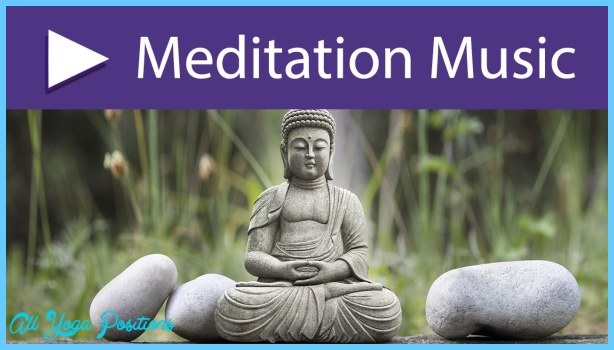This brings me to the various and contradictory ideas of God in Vedanta that I mentioned at the outset. You see, our philosophers have reconciled them by recognizing that they represent different experiences of God in different stages of spiritual awareness. They are all true. To put it briefly: if you are approaching God from a lower state, your first knowledge of Him is not intimate. Just as on first acquaintance with a great man we do not know much about his inner life, so our first knowledge of God not theoretical knowledge, but knowledge through direct perception is not complete. But when you come closer to God and know Him more intimately, then you find He is a little different than you had thought Him to be. And I may say here that the last or highest knowledge that you have of God is as the Lord of Love. All creation can be left behind. You just feel that He is the beloved Lord of your heart and you are His loving devotee, that only the two of you have remained. That is Isvara. In a lower vision you find that He is the Creator; He is the Maintainer; He is also the Lord of compassion; He is seated in the heart of our hearts as our Inner Regulator the Soul of our soul. He regulates our destiny, He grants salvation, He also regulates the moral law in the universe. As a matter of fact, at every stage the whole universe whether it is the material world, the living world, the moral world, or the spiritual world is governed by God, by His will. You have all these visions of God, and Isvara is the highest, or as monists would say, Isvara is the highest view of God short of identity with the Absolute.
So when Vedantists think of God as Isvara they see nothing contradictory in the idea of Divine Incarnation. He who is the Lord of Love, He who is our Father and Mother and Friend and Lord and Beloved, why should He not come amongst us as our very own, live amongst us and call us His children or His friends, teach us, and make us taste His affection and His love? What is there wrong in it? Rather, if you think as Vedantists think, you should say that this whole universe is a self-expression of the Lord through His joy. In one of the discourses of the Upanishads it is said that it is from joy that the universe came into being. Anandaddhyeva khalvimani bhutani jayante …3 Verily, from joy all beings have come into existence; by joy, having come into existence, they are maintained; and into joy they dissolve.’ So if this universe is a self-expansion of the Lord in joy, why should we wonder that on this very earth, which is also part of that self-manifestation, He might not sometimes appear as a man amongst men and look at us and say, Hello!’? I think that is to be expected.
There is a beautiful picture of Christ in which he is shown knocking at a door. If you can think of the Son of God knocking at your door, why can you not think of God Himself doing that? If the Son of God can do it, God also can do it. He comes sometimes and makes us feel that we are still His children; we can look to Him, and whatever we ask of Him He will grant us. Sri Ramakrishna continually taught this, Don’t forget that you are Her children’ just as Christ often spoke of God as Father, Sri Ramakrishna spoke of God as Mother. He said, Remember, we are Her own children, not stepchildren and not adopted children. She has actually given birth to us, and therefore, just as children have a claim on the mother, why don’t you claim your birthright from the Divine Mother? You are Her children claim it!’ Well, if we are not one of those who feel that they are not body and mind but pure, flaming Spirit and who become one with this blazing fire which is called Brahman without attributes if we are not one of those, then why should we not expect God to come amongst us, respond to us, and allow us to approach Him through our human nature? Such Vedantists say, It’s quite all right if He comes; the more the merrier.’
After all, everyone is an Incarnation of God; that is to say, Brahman has taken a body. Even the extreme Vedantists will say, jiva brahmaiva naparah The individual is nothing else but Brahman.’ And if th’is extreme Vedantist is true to his own philosophy, he will look upon every face and say, This is the face of Brahman.’ He may not say Beloved Lord’, he may not use those melting terms, but he still will say, Everyone is really Brahman Saccidananda, Being-Consciousness-Bliss Absolute appearing in these forms.’ And if someone can reply, Yes, I am That; you too. Come, let us play. You are Brahman, I am also Brahman’, that would be better still, wouldn’t it?












